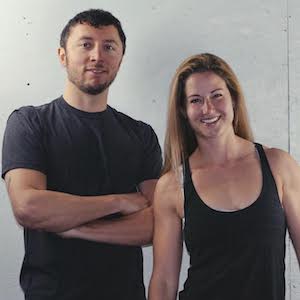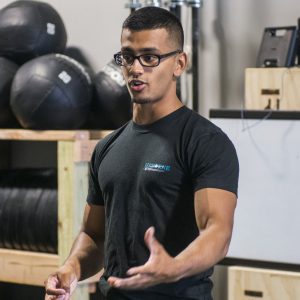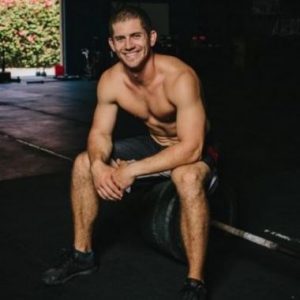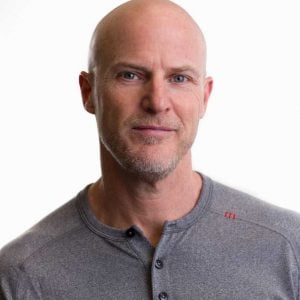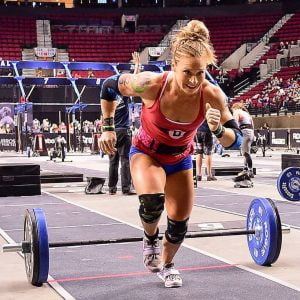If you have any interest in the fitness industry – for health, performance, weight loss, or otherwise – you’ve seen some sensational headlines.
“I tried the ketogenic diet and lost 15 pounds in three weeks – all while adding 30 pounds to my one rep max deadlift!”
“My squats had stalled out for years, until I tried this Russian squat program that the Soviets used for their most elite level weightlifters. I was sore for a month, but ended up adding 45 pounds to my one rep max!”
“I’ve got the number one miracle in a bottle to burn your fat…and it’s raspberry ketones.” Congress even got involved in this one, when they held hearings investigating Dr. Oz’s somewhat unscrupulous claims.
So, what’s a person who wants to burn belly fat or add fifty pounds to their squat to do?
Well, turn to the evidence of course.
Problem is – as anyone who has tried to read the scientific literature – evidence is messy. Evidence is convoluted. Evidence has all kinds of issues like p value hacking (using advanced data mining techniques to find statistically significant correlations in large amounts of data) and the repeatability crisis (a shocking number of studies don’t show the same results when other experimenters attempt to replicate them) – not to mention the challenges of setting up truly randomized, controlled studies when attempting to investigate complicated, mulit-variate, emergent systems that actually affect our health and wellness.
Fortunately, folks like Brandon Heavey and Nicole Latimer are willing and able to spend their time digging through the scientific literature while simultaneously coaching people in the real world, which gives them unique insight into both best practices as supported by evidence, as well as a filter for what actually works with real people in the real world.
I first met Brandon at an OPEX course in Scottsdale – taking Level 2 program design like a bunch of nerds who want to spend all of their time and money learning weird stuff.
A few weeks back, I was at the Ancestral Health Symposium in Boulder, and much to my delight, Brandon and Nicole ended up sitting behind me at one of the first lectures.
They used to own CrossFit 626 in Pasadena, and sold that to move into the mountains outside of Boulder and focus on their individualized coaching in both nutrition and program design. Brandon has an engineering background and Nicole is a pharmacist, so these are folks highly versed in systems thinking and understanding complicated webs of cause and effect.
Take a listen to learn how to filter all the conflicting and confusing information from articles, blogs, and research studies, how to organize that information, and how to figure out what really works in the confusing edges between fitness, nutrition, hormone testing, and human psychology.
Listen Here
- iTunes
- Overcast
- Google Play
- mp3
- Or stream here:
Learn More About Evidence Based Athlete and Strength & Scotch
- Website: www.evidencebasedathlete.com
- Facebook: @evidencebasedathlete
- Website: www.heaveyduty.com/strengthandscotch
- Facebook: @strengthscotch
- iTunes: Strength and Scotch Podcast
Show Notes
- [0:23] Introduction
- [1:23] What did you take away from the Ancestral Health Symposium?
- [5:52] A brief summary of Dr. Gerstmar talks.
- [9:29] Science of detoxification
- [15:13] What is Evidence Based athlete?
- [20:49] How do you get buy-in from people on changes you’re asking them to make?
- [24:06] A run down of backgrounds…
- [35:24] Interesting aspects of Evidence Based Athlete
- [38:37] What steps do you take to avoid bias or common errors in why things are working?
- [41:26] What do you guys do to educate yourselves and stay up to date?
- [53:36] Continuing education resources.
- [59:08] How do you decide that you trust a source?
- [1:03:00] What does someone do if they want to get started with Evidence Based Athlete?
- [1:06:00] What is the actual reliability of tests?
